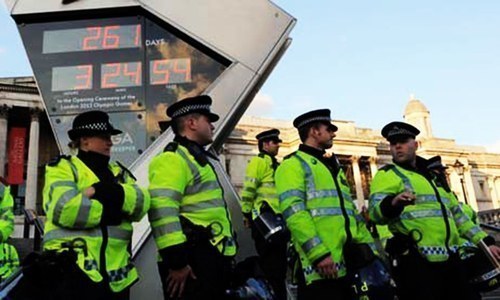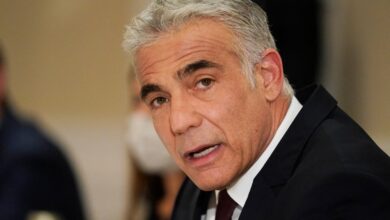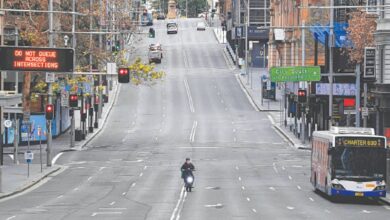
Neil Basu, assistant commissioner of London’s Metropolitan Police, had advised media outlets “not to publish leaked government documents”, saying to do so “may be a criminal matter”.
The warning came as police announced they were investigating the leakof diplomatic reports from Britain’s ambassador to Washington Kim Darroch, which prompted outrage from President Donald Trump and forced the envoy to quit.
Boris Johnson, the favourite to take over as Britain’s new prime minister this month, said prosecuting media outlets would have “a chilling effect on public debate”.
Johnson, himself a journalist and former editor, said the Darroch leaks were “embarrassing but it is not a threat to national security”.
“It is the duty of media organisations to bring new and interesting facts into the public domain,” he said while campaigning for the leadership of the ruling Conservatives.
Fellow Conservative MP Bob Seely, who sits on parliament’s foreign affairs committee, also said the police should “think again about that”.
Tim Shipman, a senior journalist at the Sunday Times newspaper known for his political scoops, said the police statement was “sinister, absurd, anti-democratic”.
“Do you have any comprehension of a free society? This isn’t Russia,” he asked the Metropolitan Police on Twitter.
However, former defence minister Michael Fallon said journalists receiving stolen material “should give it back to their rightful owner”.
“They should also be aware of the huge damage that has already been done and the potentially even greater damage to be done by further breaches of the Official Secrets Act,” he said.
The Darroch leaks were published by the Mail on Sunday newspaper last weekend, and officials are braced for more revelations this Sunday.
The Foreign Office launched an investigation into how the documents were made public, but the police investigation raises the stakes.
Basu insisted on Saturday the police had “no intention of seeking to prevent editors from publishing stories in the public interest”.
He said the focus of the police investigation was identifying who leaked the documents.
“However, we have also been told the publication of these specific documents — now knowing they may be a breach of the Official Secrets Act — could also constitute a criminal offence and one that carries no public interest defence,” he said.
“We know these documents and potentially others remain in circulation.”






